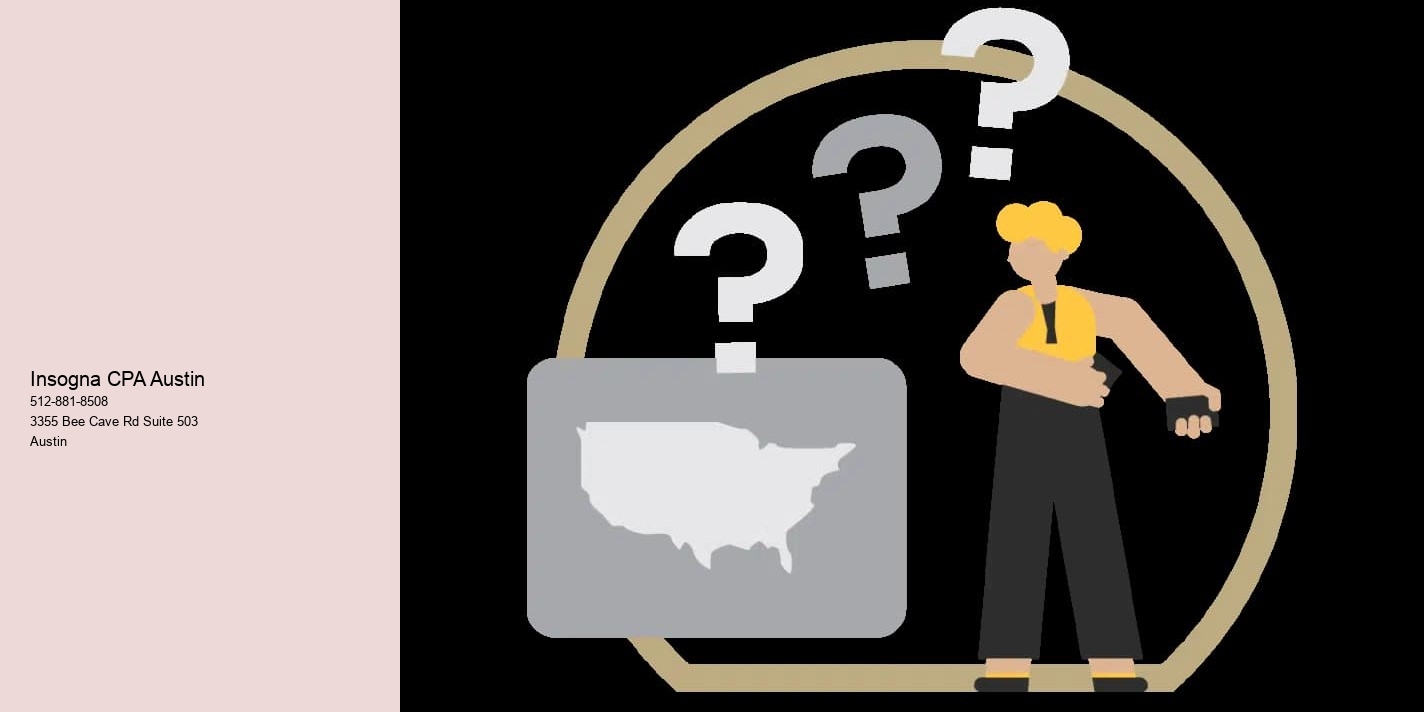
Self-employed? Our Austin Tax Experts Can Help
Accounts receivable
A trusted certified CPA partner helps minimize tax obligations through personalized planning, deductions and credits guidance, and other tax-lowering tactics. This includes strategies for contributions to retirement accounts, distributions, and planning for tax-efficient retirement income. tax preparation near me at Insogna CPA . Their involvement can lead to significant improvements in financial management, compliance, and overall business success. Internal Controls and Fraud Prevention: Implementing strong internal controls is critical for safeguarding your business’s finances.
When hiring a tax accountant, there are several red flags that you should watch out for. CPAs analyze cash flow patterns, forecast future cash needs, and provide strategies to optimize cash flow, which is vital for making informed business decisions. Budget Creation and Monitoring: They help in creating realistic budgets that align with business goals.
Keeping Abreast of Tax Law Changes: Tax laws are constantly evolving. For businesses considering mergers or acquisitions, CPAs provide critical guidance on the financial aspects of these transactions, including valuation, due diligence, and post-merger integration. If an accountant is evasive about their fees or does not provide clear information about what services they will provide, this may be a sign that they are not operating ethically.
CPAs are much more than accountants for small businesses; they are financial strategists, advisors, and partners in growth. They can prepare comprehensive reports including cash flow analysis, budget-to-actual reporting, and segmented financials which provide deeper insights into different areas of your business. They provide insights into the financial implications of business decisions, helping owners plan for the future with confidence.




